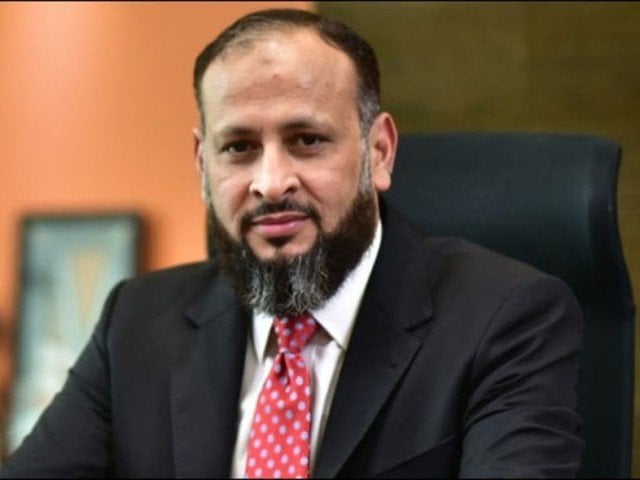KARACHI: K-Electric has urged the federal government to assume control of 300 high-loss distribution feeders in Karachi in a bid to make the city nearly load-shedding free, the company’s CEO said Saturday during a media briefing.
Monis Alvi, chief executive officer of K-Electric, said these specific feeders, out of a total of 2,129 across the city, account for 87% of the utility’s distribution losses. “If the government takes control of these 300 feeders, we would be very close to making Karachi load-shedding free,” Alvi stated.
The proposal comes amid sharp criticism from the National Assembly’s Standing Committee on Power and the Sindh Assembly over extended outages during a recent heatwave that pushed temperatures above 41°C. K-Electric has intensified load-shedding in areas where losses exceed 70%, citing unsustainable revenue recovery from these regions.
Alvi said the company is willing to continue power supply to these feeders provided the government establishes a sustainable recovery mechanism. “We are ready to support the government’s initiative, but revenue recovery is crucial for uninterrupted supply,” he said.
Currently, 70% of Karachi is exempt from load-shedding, according to K-Electric. The utility believes full cooperation from government bodies on recovery and enforcement can push this figure up to 90% by 2030.
The CEO also addressed the upcoming Multi-Year Tariff (MYT) framework, which spans from FY2024 to FY2030. He clarified that the new tariff determinations will not impact consumer electricity rates due to Pakistan’s uniform tariff policy. However, he described the decision as a “milestone” for K-Electric’s 2030 investment roadmap.
The utility’s long-term strategy includes expanding its transmission and distribution infrastructure, reducing line losses, and enhancing customer outreach. Alvi revealed that demand for electricity in Karachi is rising due to increased economic activity.
K-Electric currently has a supply capacity of 4,500 megawatts, and plans to boost it to 5,000 megawatts by 2030. The number of consumers is expected to grow to 5 million during the same period.
Alvi also reaffirmed K-Electric’s readiness to connect captive power industries to the national grid. He said the utility is aligned with the government’s timeline for this transition and is working closely with all stakeholders to ensure a smooth shift.
The proposal to offload the 300 loss-making feeders to government management marks a new chapter in the ongoing debate over Karachi’s energy crisis, positioning K-Electric as a willing partner in resolving the city’s chronic power issues, provided fiscal and regulatory challenges are addressed.




